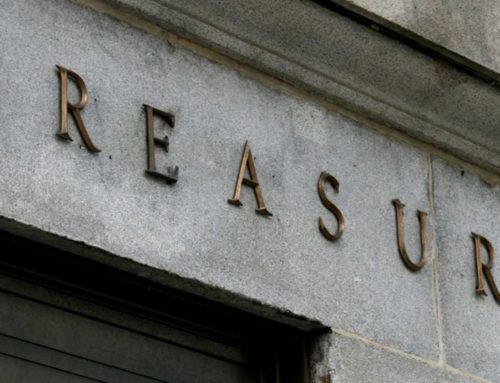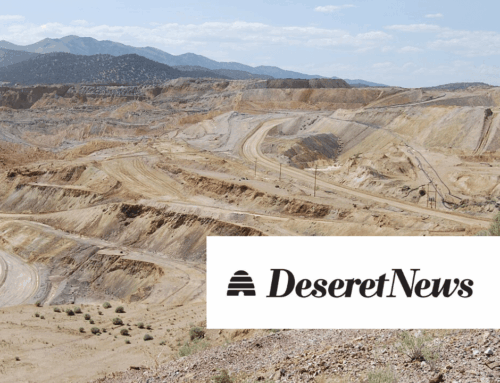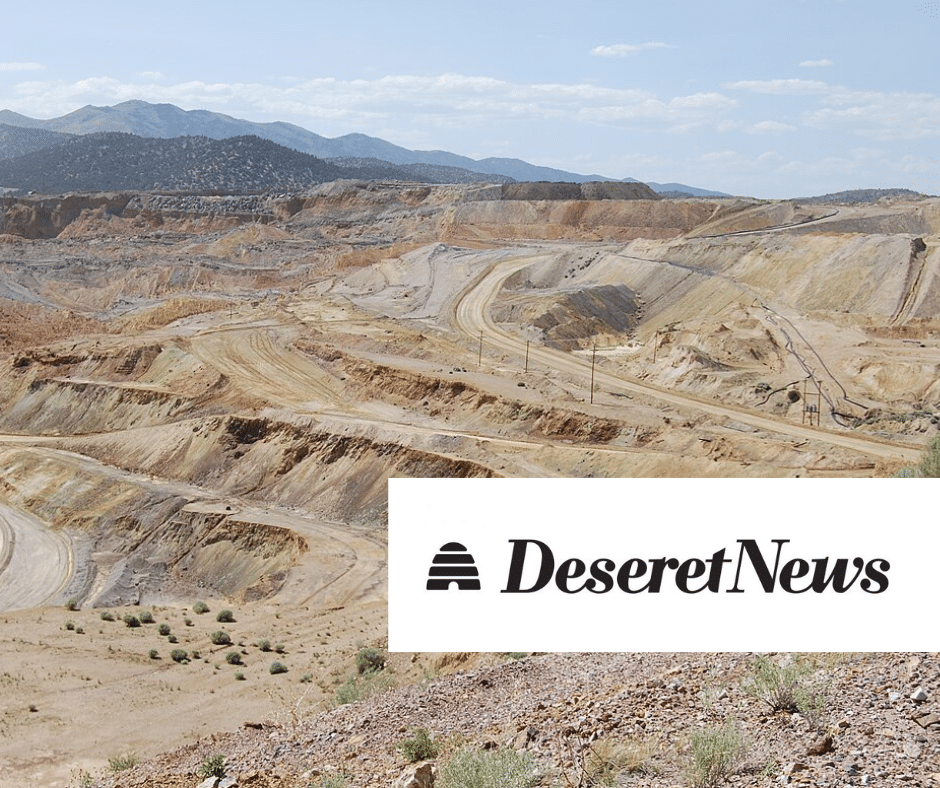When it comes to climate change, taxpayers have a lot at stake. The federal government already spends billions of dollars responding to climate-fueled disasters and efforts to reduce their impact in the future. As billions more get poured in, those dollars can go to programs and policies with a clear and credible likelihood of success. Or they can be a source of cronyism and waste, while actually hamstringing efforts to address climate change. That's why earlier this week, TCS led a group of taxpayer watchdogs, communities, and academics on a letter to IRS Commissioner Daniel Werfel, urging stricter oversight of the 45Q tax credit for carbon capture and sequestration (CCS). This call for action comes as the IRS is developing a new proposed rule for the expanded and extended 45Q credit under the Inflation Reduction Act (IRA).
CCS refers to the suite of technologies intended to capture the carbon emitted during the combustion of fossil fuels and other industrial processes then sequester that carbon underground.
Our letter highlighted the lack of transparency and accountability in the 45Q tax credit, which continues to subsidize CCS in communities already heavily impacted by fossil fuels and their emissions. While CCS technology is intended to capture carbon emissions, the 45Q tax credit is based on the amount of carbon captured and stored rather than net emissions reduction. This setup potentially incentivizes fossil fuel companies to emit more carbon to maximize their tax credits. So a policy intended to reduce carbon may inadvertently expand fossil fuel infrastructure and increase pollution at industrial and power generating facilities that are disproportionately located in disadvantaged communities.
The fossil fuel industry supports CCS because it promotes ongoing reliance on oil and gas. Currently, the only commercially viable use of captured carbon is enhanced oil recovery (EOR). This is a process where captured carbon is injected underground to extract more oil and gas. You read that right. A "solution" for reducing greenhouse gas emissions is used primarily to increase production of a major greenhouse gas emitting industry. And federal support is key to this boondoggle.
Besides the 45Q tax credit, the federal government has spent billions of dollars on CCS projects. These have consistently failed to deliver significant emissions reductions. An independent review in 2021 by the Government Accountability Office (GAO), the nonpartisan investigative arm of Congress, revealed that out of 11 U.S. CCS demonstration projects receiving a total of $1.1 billion from the Department of Energy (DOE), only three actually finished construction. And a new GAO report released this week found that DOE spent $1.4 billion from FY2018 to FY2023 on CCS research and development projects, but 70% of funding did not follow the agency's own risk reduction guidance. Despite this poor track record, Congress recently allocated more than $12 billion in additional subsidies for CCS projects and significantly expanded the 45Q credit eligibility and amount. By subsidizing these projects, the federal government is sacrificing communities who are already directly adversely affected by polluting industries in their backyards, as well as taxpayers who are forced to continue subsidizing the fossil fuel industry.
What's even more concerning is the potential for waste, fraud, and abuse with the 45Q tax credit. A Department of Treasury investigation in 2020 found that 99.9% of 45Q credits issued between 2010 and 2019 were claimed by just ten companies, almost all of which used the captured carbon to produce more oil and gas. And nearly 90% of these credits were found to be noncompliant with EPA reporting requirements that are in place to ensure carbon is being properly captured and stored. Without stringent oversight and anti-fraud measures, taxpayers and communities are forced to subsidize CCS without proof of tangible climate benefits.
Therefore, taxpayers and communities recently urged the IRS to include the following no-brainer requirements in their proposed rule:
- Require an independent third party to verify the amount of carbon companies are claiming credits for capturing and storing.
- Audit the data companies submit and make a summary of that data available to the public in a timely manner.
- Require companies to keep these records as long as they're claiming the tax credits so the IRS can claw back credits in case any stored carbon gets leaked.
It's pretty simple. Before giving out billions in taxpayer dollars, confirm an action is happening, quantify the total effect, and provide a path to ensure the action isn't later undone. But none of these steps are happening.
Currently, the IRS allows EOR facilities reporting to the EPA to self-certify their reported volumes, which means a company official can simply sign off that the volume figures reported to the IRS are correct. Neither the IRS nor the EPA performs on-site verifications, instead doling out billions in taxpayer subsidies on the word of recipients alone. Especially given the recent history of fraud and insufficient reporting under 45Q, it crucial to scrutinize this reported data. The IRS should also provide clear guidelines for auditing reported data, as recommended by the Treasury in its 45Q fraud investigation report. To increase public trust and transparency, the IRS should ensure timely public access to aggregated data on stored carbon amounts and credits claimed. Taxpayers deserve to know how their tax dollars are being spent; it's as simple as that.
Lastly, 45Q claimants are only required to retain data on stored carbon for three years, during which the IRS can recover 45Q credits claimed if stored carbon later leaks out. This three-year period may be insufficient to ensure secure, long-term carbon storage and address the associated liabilities that could later be passed onto taxpayers – like groundwater contamination. As companies can reap financial benefits from the tax credit for 12 years, we recommend facilities be required to keep records for at least 12 years.
These taxpayer safeguards are echoed in a petition by Taxpayers for Common Sense, signed by more than 10,000 American taxpayers, calling for an end to taxpayer giveaways to oil and gas companies. The IRS must ensure that our tax dollars are not wasted through the abuse of the 45Q tax credit for CCS.
To pursue fiscally responsible climate solutions that effectively reduce greenhouse gas emissions and mitigate the effects of climate change, the Administration must explore options that do not extend the life of fossil fuels or incentivize more emissions. At the very least, the IRS should proceed with caution in granting the 45Q tax credit before large sums of money go to the very companies contributing to climate change. As the IRS prepares its proposed rule on 45Q, we urge them to protect communities from harmful emissions and false promises from the fossil fuel industry, ensuring American taxpayers and communities capture the transparency and accountability we deserve.










